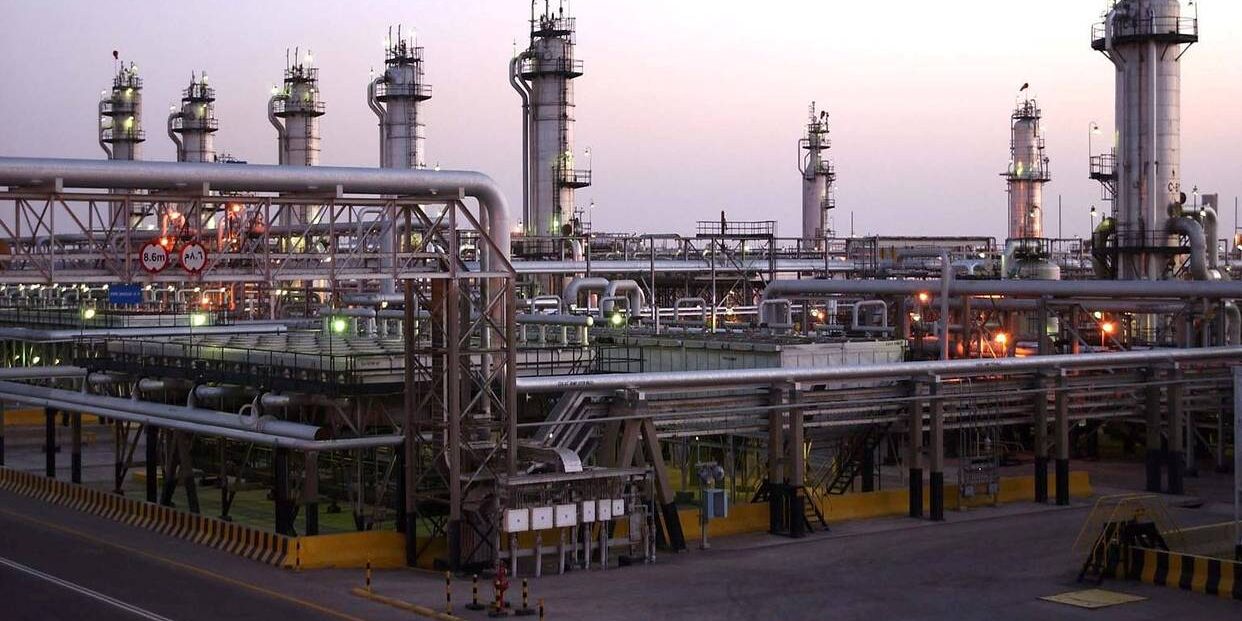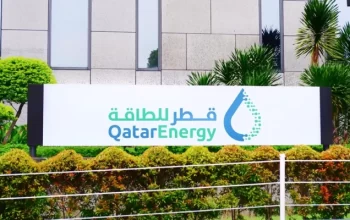The International Monetary Fund (IMF) expects the non-oil sector of Saudi Arabia’s economy to maintain strong growth momentum in 2023, according to a report by the financial agency.
The IMF projects that the overall real growth in Saudi Arabia will be lowered to 2.1% in 2023 due to the production cuts implemented by OPEC+. However, the non-oil sector is expected to continue growing at an average rate of 5% and remain above its potential.
The report also forecasts that headline inflation will be kept in check this year, with the average consumer price index (CPI) slightly higher at 2.8% compared to 2022. This is attributed to a strong currency, subsidies, and price caps on gasoline, which offset inflationary pressures resulting from a tightening labor market and a thriving non-oil economy.
In terms of reserves, the IMF expects them to stabilize at slightly lower levels of import coverage over the medium term, although they will remain well above standard reserve adequacy metrics.
While predictions of robust oil demand persist for the remainder of the year, higher oil prices could be affected by the OPEC+ oil production cuts.
Furthermore, accelerated structural reforms and increased investment have the potential to further boost growth in the Saudi Arabian economy.
However, there is a concern that a rapid increase in non-oil investment could further drive domestic demand, exerting additional pressure on prices and external accounts.
![]()




